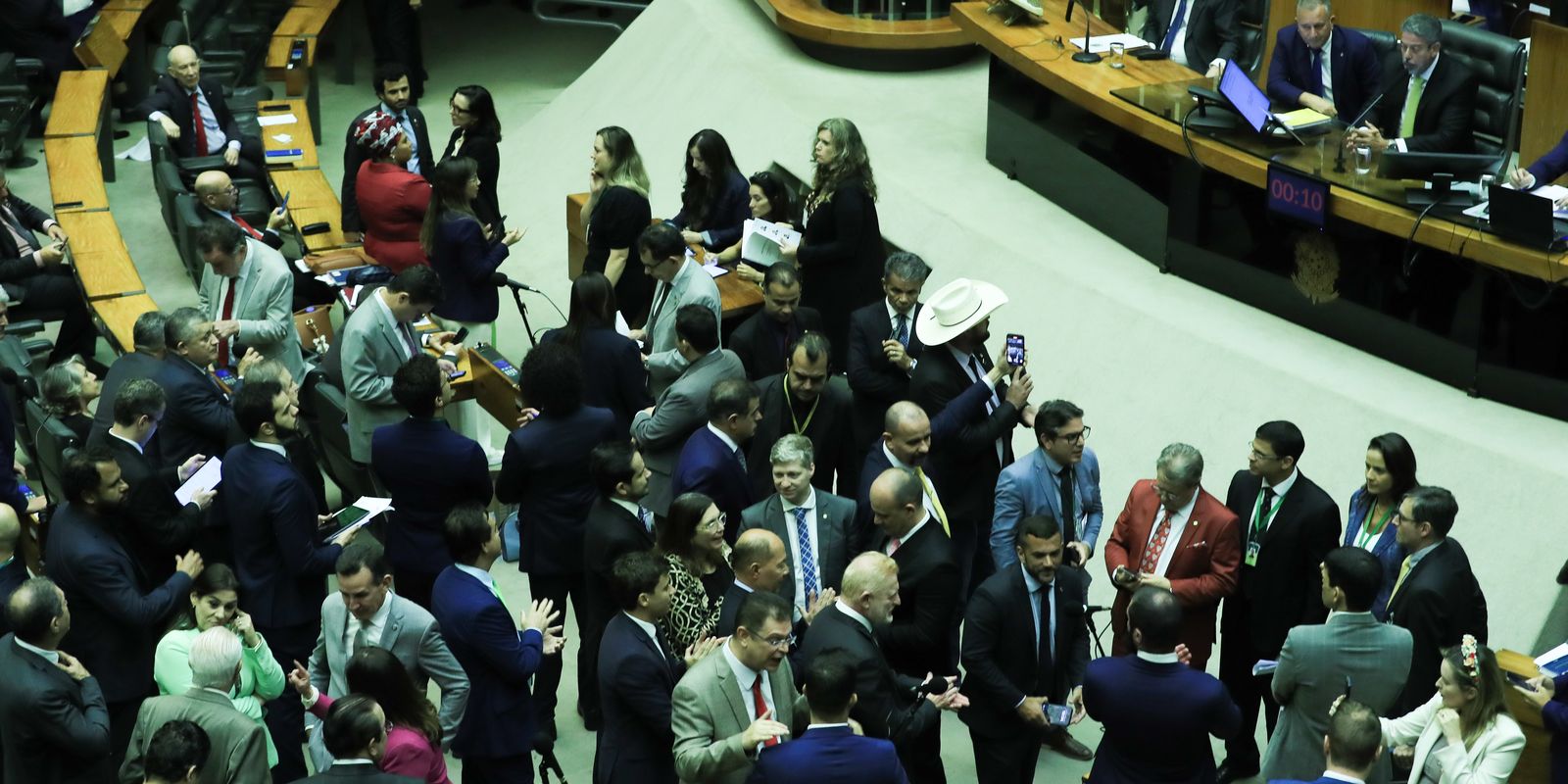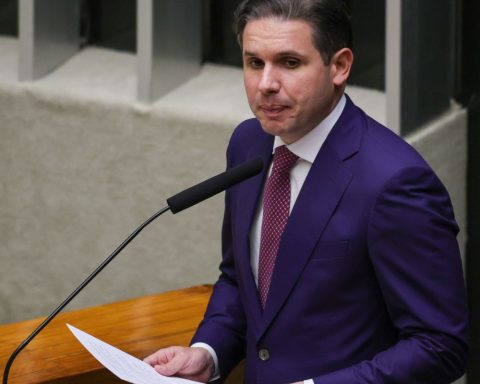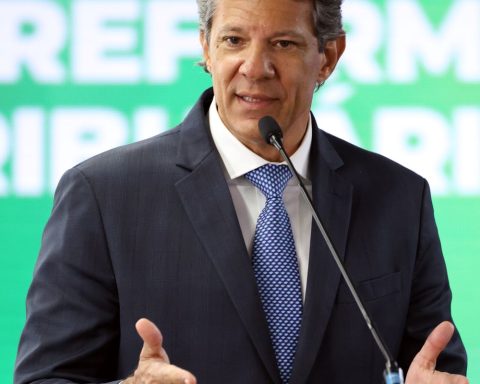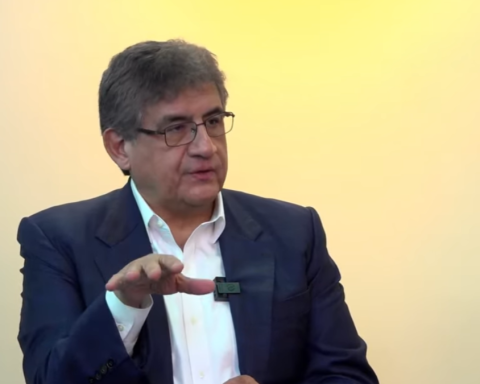The Chamber of Deputies sent to the Federal Supreme Court (STF) the responses requested by Minister Flávio Dino regarding the payment of R$4.2 billion in commission amendments. Earlier, Dino gave a deadline of 8pm for the House to clarify the payment of parliamentary amendments, which are suspended by decision of the minister.
In the minister’s opinion, the Chamber of Deputies has not yet complied with the Court’s decisions that determined rules of transparency and traceability in the transfer of amendments.
In the document sent to the Supreme Court this Friday (27), the Chamber of Deputies claims that there was no legal provision for the indications of committee amendments to have to be voted on by the committees before Complementary Law No. 210, of 2024, edited to comply the rules for releasing resources.
According to the Chamber, the release of the amendments followed the correct procedure in accordance with the opinions of the ministries of Finance, Planning and Budget, Management, the Civil House and the Attorney General’s Office (AGU).
“The full legality of the procedure adopted by the leaders of the National Congress, both the Chamber of Deputies and the Federal Senate, is reiterated, under the legal guidance of the ministries”, stated the Chamber.
After receiving the information, Dino will decide whether or not to maintain the suspension of the amendments.
Minutes
Regarding the lack of minutes of the committee sessions to approve the amendments, the Chamber argued that the obligation will only be applied from the budgets for the following years.
“Until November 25, 2024, the date of promulgation of Complementary Law No. 210, there was no rule that provided for voting on nominations made by Parliament”, claimed the House.
Feature
The Chamber also informed that it will not appeal the blocking of payment for amendments, as it understands that the measure must be taken by the National Congress.
Understand
In December 2022, the STF ruled that the amendments called RP8 and RP9 were unconstitutional. After the decision, the National Congress approved a resolution that changed the rules for distributing resources through rapporteur amendments to comply with the Court’s determination.
However, PSOL, the party that filed the lawsuit against the amendments, pointed out that the decision continued to be in non-compliance.
After the retirement of Minister Rosa Weber, the case’s original rapporteur, Flávio Dino took over leading the process.
In August of this year, Dino ordered the suspension of the amendments and decided that the transfers must follow traceability criteria. The minister also ordered the Comptroller General of the Union (CGU) to audit parliamentarians’ transfers through amendments to the secret budget.

















